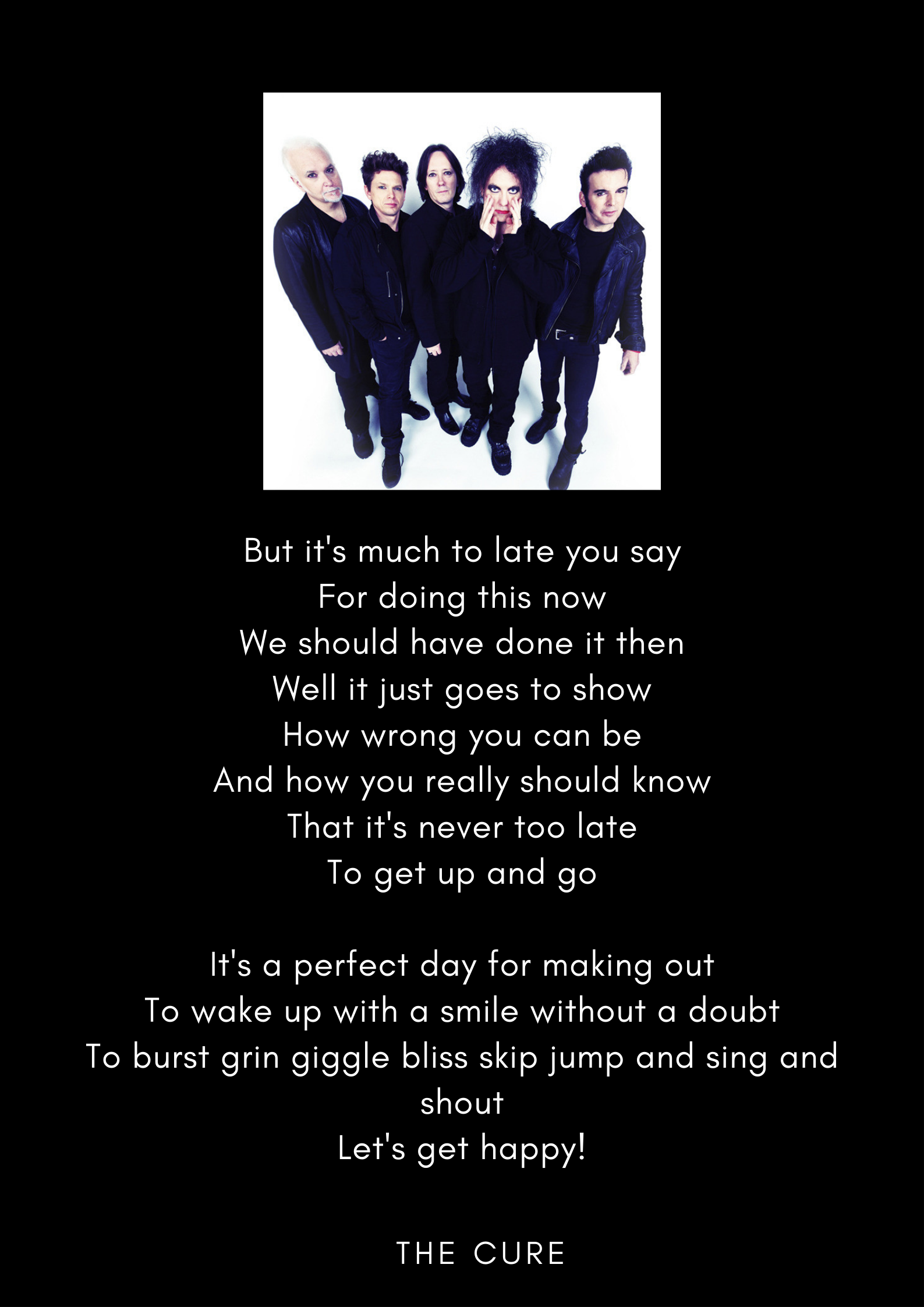
Have you ever been at your desk, in your car, or in the shower and thought something like;
“How did I get to be the principal? This is crazy!”
“I hope nobody finds out – I don’t know what to do.”
“I can’t believe they appointed me.”
If you answer “yes”, it’s a high chance that this random thought was followed by a sense of anxiety, maybe even a sick feeling in your stomach. It’s something that increases your heart rate and introduces a solid helping of self-doubt.
Well, you’re not alone. It turns out that the world of school leadership is blighted by these types of feelings. Most principals that we have talked to have experienced them at some point, but the tragedy is that far too many of us battle with this thinking regularly. It can be debilitating.
“I had just won my first principalship and was sitting outside the school in my car and I suddenly felt sick – literally sick. What have I done? I don’t know how to do this (be a principal). I just sat there like an idiot with these panicky thoughts rolling around me. Eventually, I got out and walked inside.”
For many, this feeling fades as they gain experience, but for a worrying number it stays, popping up in quiet moments or when big decisions must be made. It’s hard to be a decisive leader when a little voice is whispering that maybe, just maybe, you’re not up to this whole leadership lark . . .
Welcome to the world of the “impostor phenomenon” (syndrome). It’s real, difficult, and far more common in our profession than you might imagine (because one of its common markers is that it’s carefully hidden).
The label was coined in 1978 by two researchers, Pauline Clance and Suzanne Imes.¹ Their initial research was centred on high achieving women who appeared to suffer from the syndrome most often, but more recent research has shown it affects many men as well.
The medical professionals say that it is a cycle of thinking (not a mental illness) and follows a set of predictable steps. In fact, it’s so well studied that there is a scale² that psychologists use to measure how severe the condition is. (You can test yourself here.)
. . .
So what’s going on in your head?:
Firstly, there is an achievement related task to do (for example, leading a strategic planning meeting). Once the task has been identified, one of two likely actions happen, either you over prepare for the task, or you procrastinate and avoid it for as long as possible.
When the task is completed, if you receive positive feedback, you discount this and attribute the success to either extreme hard work (if you are an over preparer) or luck (if you are an avoider). Regardless of which tactic you used, you don’t believe that you deserve any personal credit.
This cycle of attributing successes purely to luck or hard work, and not being something to be personally satisfied with or proud of, feeds feelings of being a fraud, self-doubt, and anxiety. An impostor is born.
. . .
Given that this thinking is widespread in our profession, a key question is – why?
My guess is that it’s due to how people become school leaders and what they are expected to do once appointed.
Firstly, consider the pathway to principalship (or any other senior school leader position). In New Zealand, as long as you are a qualified teacher, you can apply for management positions. Some people coming to the leader’s role will have worked in middle leadership positions and others will be straight from a classroom. In either case, the amount of specific training for the role will be limited and the support provided afterwards unpredictable.
Once the job is won, some other factors kick into play:
- An extremely complex role, so mistakes are likely
- An extremely public role, so mistakes are highly visible
- Almost no induction period – the rubber hits the road 100% on day one
- An expectation that you make the right decision every time (and there will be a lot of opinions on what qualifies as “right”)
To compound things, there’s no rule book on how to run a school – particularly for the important work.³ (Briefly, the important work is always to do with people, it’s the wrongly labelled “soft skills” that leaders need to be effective.)
“I’d been a Team Leader for a couple of years and then the principal job at Next Step School came up. A good friend of mine said I should apply. I said, “no way” at the start, but after a few days, decided to get an application pack – “just to have a look”. It was exciting to think about a new job and after talking it over with my partner I decided to apply. To my surprise, I got an interview, so I rushed around for the next 2 weeks preparing. The interview went really well and an hour after it finished, I got a phone call offering me the job. I couldn’t believe it. I thought there’d be heaps of people better than me. I remember saying yes and then just standing there in the kitchen thinking “what have I done . . .”
Another reality is that we often pretend. We pretend we know how to run the meeting; we pretend we are OK after an intense ‘conversation’ with a parent, we pretend we understand the school finances like an accountant does . . .
And so much of what we do is agonisingly public.
This is a hard place to operate in, and even very experienced and outwardly “on top of things” leaders admit to having the impostor feelings – the cycle of thinking can be insidious.
How is your self-confidence right now? With the craziness of the pandemic still strong in our minds, it is very possible many of us initially experienced at least some “impostor” type thoughts – it’s hard to be confident when you don’t really know what you’re doing!
The model Steve shared last week predicts that at some point, you started to realise you could handle the situation, but it also predicts that some time soon, the old feelings of doubt might return. Forewarned is forearmed!
So, what can be done?
Luckily quite a bit! If you are reading this and it resonates with you, you have already taken the first step – acknowledgement. The cycle of thinking associated with impostor syndrome is well studied and clearly outlined. If you can recognise it, you can start re-framing your thinking.
There are a lot of well qualified experts who you can access online for specific advice. One place that provides detailed, but clear advice, is Psychology Compass ⁴. The three basic steps they promote are:
- Share the Experience
A big part of the problem is thinking you are the only one feeling like this – which is simply not true!
- Relax when you identify the thinking happening
Our minds and bodies are completely linked. Mental tension flows from physical tension and vice versa. We can manipulate this link.
- Identify the false thinking and re-frame it
This is basically an awareness exercise where you label the feelings/thinking as they occur and discount the nonsense.
There are a lot of other avenues beyond self-help research too – for example, your GP can connect you with trained counselors or other relevant therapists.
And in the end, whether or not you are plagued by this type of thinking, many of your colleagues are, and this conversation needs to be had. If you are feeling brave, please share your experience – it helps everyone.
Dave
You can connect with us on The Forty Hour Principal Facebook page or comment below.
²Hoang, Queena (January 2013). “The Impostor Phenomenon: Overcoming Internalized Barriers and Recognizing Achievements”. The Vermont Connection. 34, Article 6. – via http://scholarworks.uvm.edu/tvc/vol34/iss1/6.
³The Important Work, Chapter 3, “The Forty Hour Principal”, 2019
⁴https://psychologycompass.com/blog/overcoming-imposter-syndrome/










